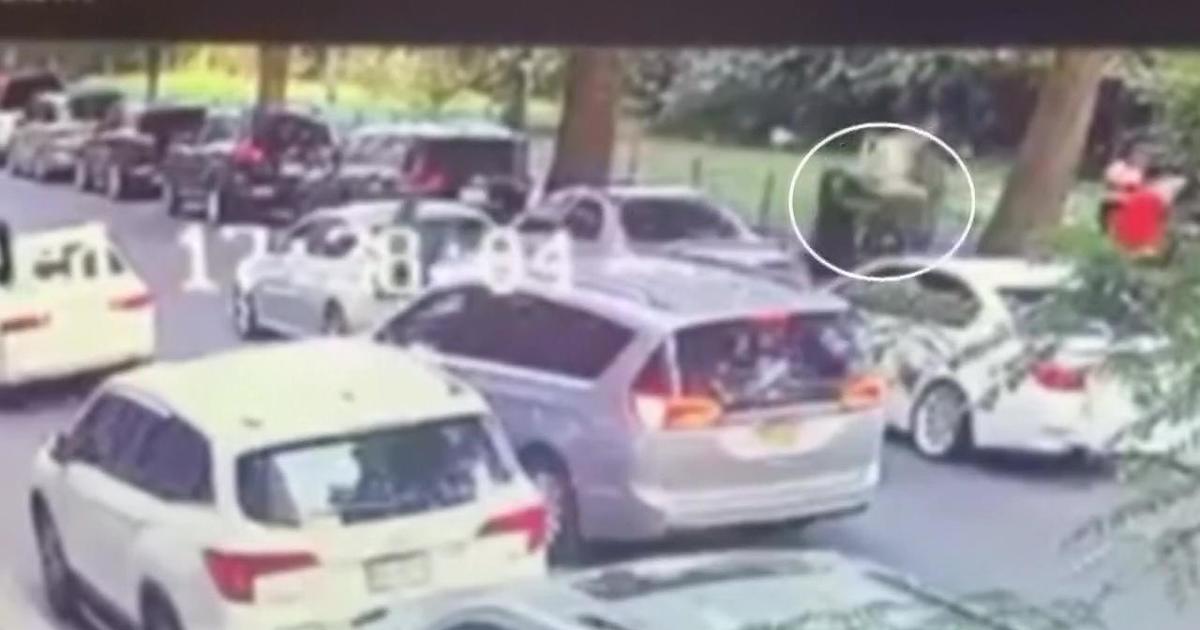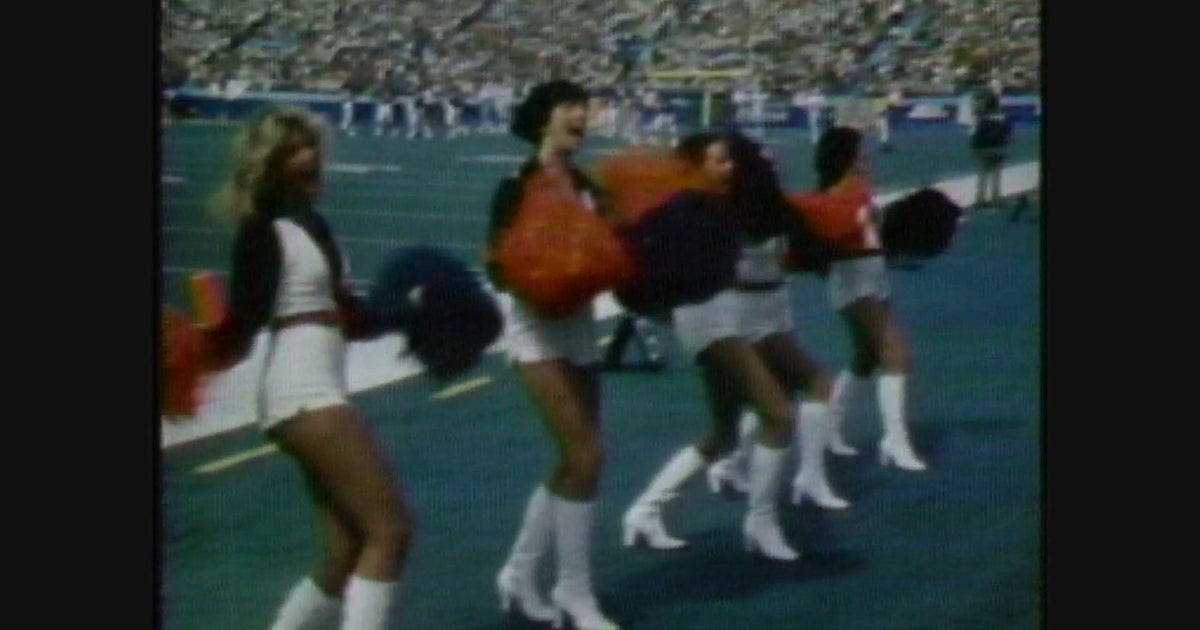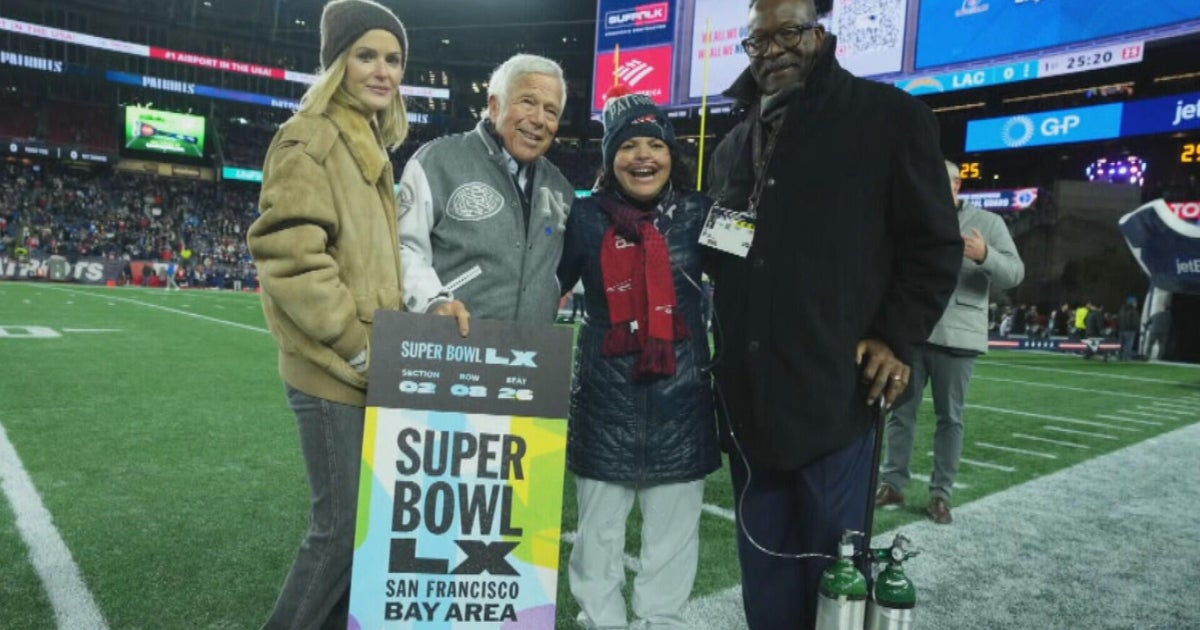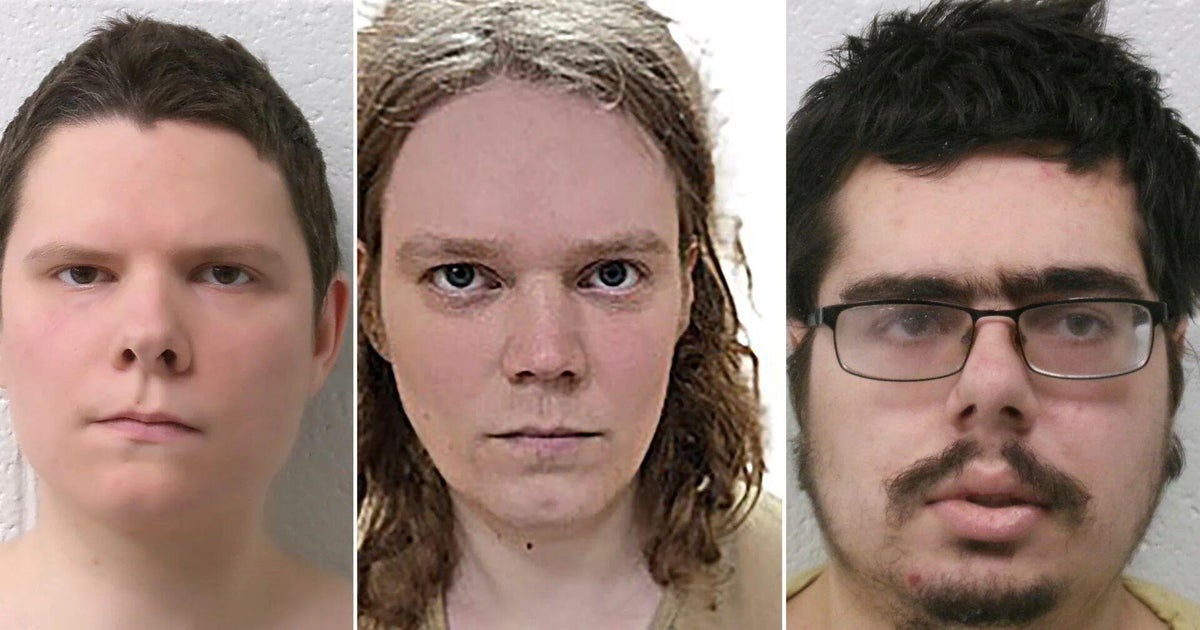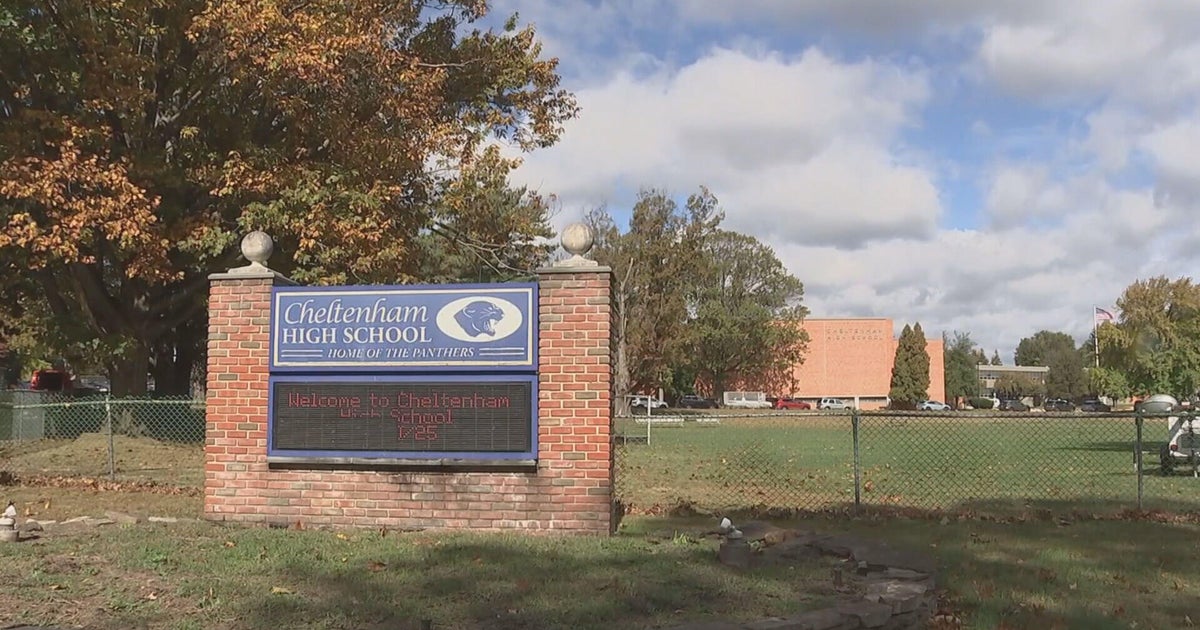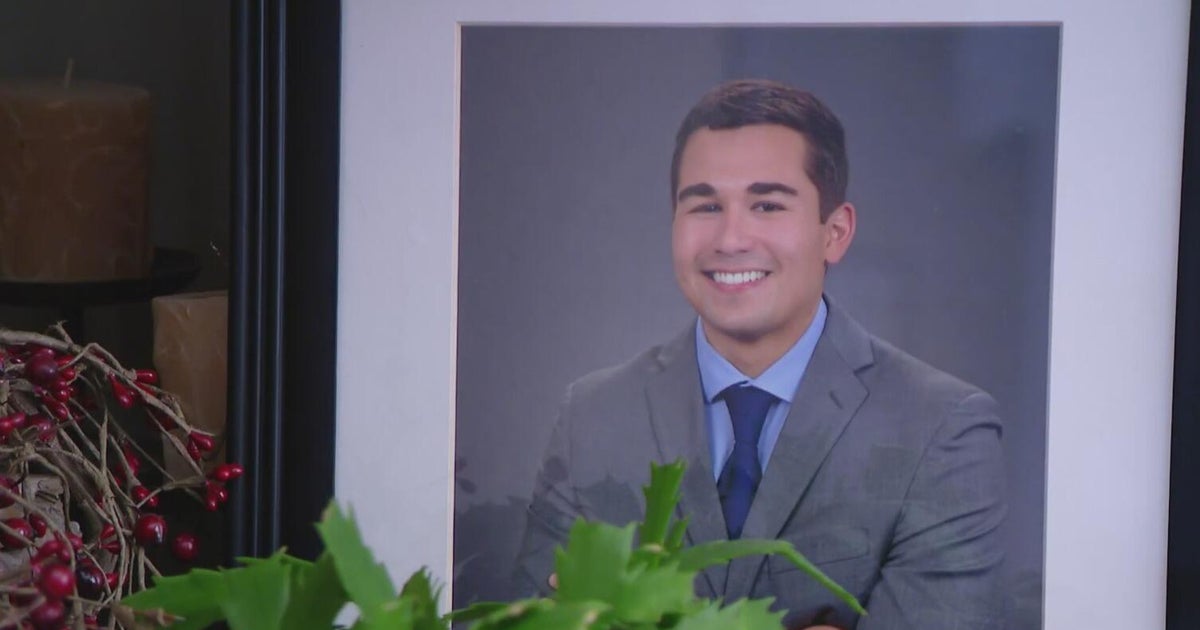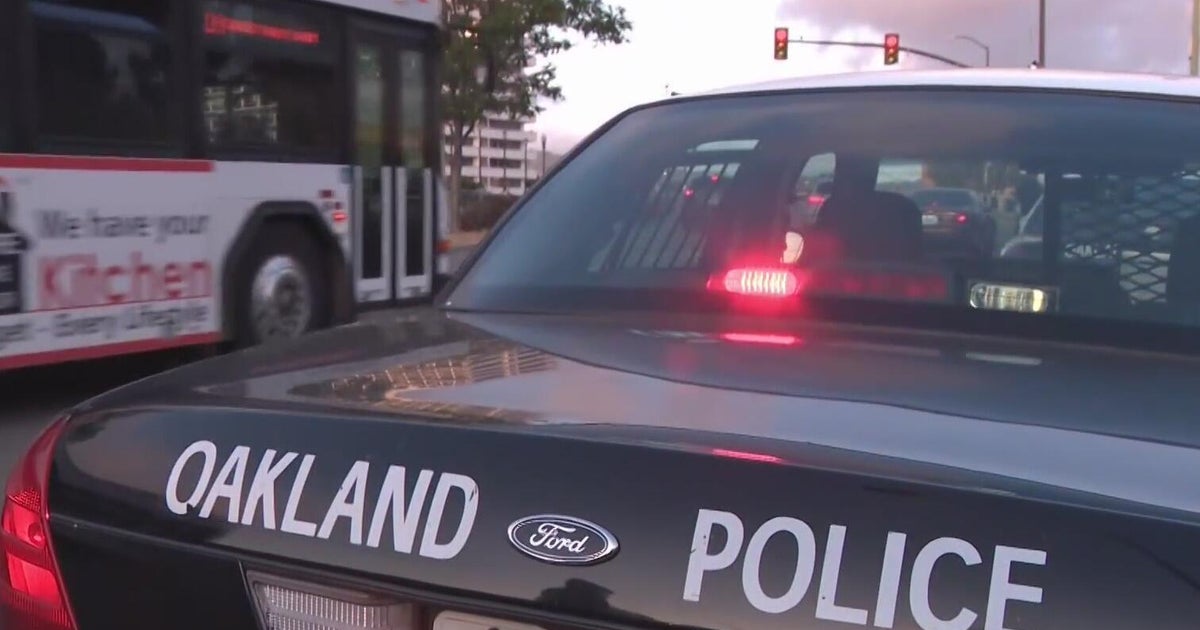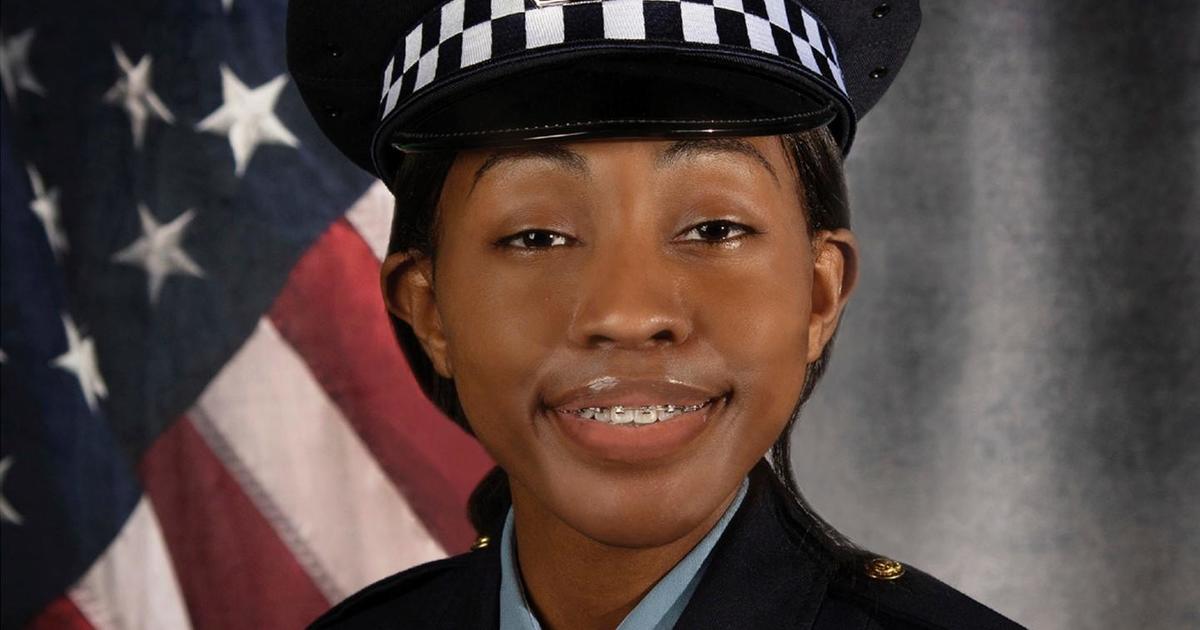Hazing Trial Set To Start For 4 FAMU Band Members
Follow CBSMIAMI.COM: Facebook | Twitter
ORLANDO (CBSMiami/AP) — It's been nearly nearly three years since Florida A&M University drum major Robert Champion died after being beaten and now the trial of four members of FAMU's band is set to start on charges of felony hazing and manslaughter.
Champion's death has shone a spotlight on a hazing ritual at FAMU known as "crossing Bus C," and caused the band — which had played at the Super Bowl and before U.S. presidents — to be suspended for over a year. It also contributed to the resignation of the university's president.
Hours after a football game in Orlando in November 2011, band members boarded Bus C parked outside a hotel. They pummeled Champion, 26, and two other band members as they tried to wade their way through a pounding gauntlet of fists, drumsticks and mallets from the front to the back of the bus.
After making it to the back, Champion vomited and complained of trouble breathing. He soon fell unconscious and couldn't be revived. He died from hemorrhagic shock and his autopsy showed extensive internal bleeding.
Fifteen former band members originally were charged with manslaughter and hazing in the death of Champion, of Decatur, Georgia. All but the four remaining defendants have had their cases settled, and several of them will be called as witnesses to describe what happened on the bus.
Darryl Cearnel, Aaron Golson, Benjamin McNamee and Dante Martin have pleaded not guilty. But a late challenge by the attorneys for Cearnel, Golson and McNamee about the inclusion of an additional hazing charge could delay trials for those defendants. Once it begins, the trial could last two weeks.
State Attorney Jeff Ashton said he wants jurors to learn about the history of hazing in FAMU's marching band so they understand that what happened on the bus was a "consistent pattern."
Besides "crossing Bus C," jurors likely will learn about other hazing rituals by band members. Those include "the hot seat," when band members sit in bus seats with heads between legs as other band members beat them, as well as "prepping" when a shirtless band member is slapped on the back and chest.
"They got on the bus for one thing and that is to break the law," Ashton said at a recent hearing. "The jury has to understand this wasn't an isolated incident, that these four defendants knew what they were doing and that they were breaking the law."
Defense attorneys have challenged Florida's anti-hazing law, claiming that statute is so vague that what happened on the band bus can be considered a competition, not hazing.
"The hazing statute, the way it is written is crazy," Dino Michaels, one of the attorneys for Martin, said at a recent pretrial hearing.
Judge Rene Roche denied a defense motion asking that the hazing statute be ruled unconstitutional, but she reached a compromise with defense attorneys and Ashton on whether witnesses can say the word "hazing" during the trial. The judge ruled witnesses could use the word "hazing" if they had previously read the statute defining it, such as in the anti-hazing pledges FAMU band members had to sign even before Champion's death.
Defense attorneys and prosecutors agreed no band members have said in depositions that Champion's sexual orientation played a role in the hazing, so the fact that he was gay won't be brought up during the trial.
Although the trial start is set for Monday, there is a chance it could be delayed. Defense attorneys have objected to a change in the criminal complaint that added two additional charges of hazing. They claim they weren't given the opportunity to question witnesses about those charges during depositions. The judge planned to make a ruling by Monday, when she also will take up defense motions asking that information from the autopsy and some of the testimony from the coroner be excluded.
Defense attorneys say Champion's body may have been tampered with when it left the custody of the medical examiner's office so organs could be harvested. They also say the coroner uses analogies about how Champion died that could be misconstrued by jurors.
(TM and © Copyright 2014 CBS Radio Inc. and its relevant subsidiaries. CBS RADIO and EYE Logo TM and Copyright 2014 CBS Broadcasting Inc. Used under license. All Rights Reserved. This material may not be published, broadcast, rewritten, or redistributed. The Associated Press contributed to this report.)
RELATED CONTENT:
